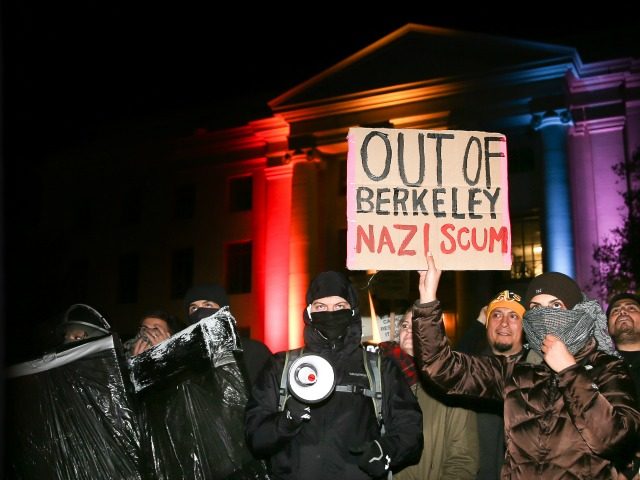In a recent article for The Atlantic, Connor Friedersdorf writes about the effects of the rise of “call-out culture” on campuses, which is the practice of using social media to shame an individual for their beliefs.
Friedersdorf contends that “call-out culture” is taking a toll on students’ confidence in expressing themselves publicly. Although some students expressed positive sentiments about the impacts of social media, others claimed that nasty comments from their peers inhibited their willingness to speak their minds freely on their campuses.
No wonder so many students are stressed out by this. And the risk-averse have it especially hard. “I probably hold back 90 percent of the things that I want to say due to fear of being called out,” another student wrote. “People won’t call you out because your opinion is wrong. People will call you out for literally anything. On Twitter today I came across someone making fun a girl who made a video talking about how much she loved God and how she was praying for everyone. There were hundreds of comments, rude comments, below the video. It was to the point that they weren’t even making fun of what she was standing for. They were picking apart everything. Her eyebrows, the way her mouth moves, her voice, the way her hair was parted. Ridiculous. I am not the kind of person to be able to brush off insults like that. Hence why I avoid any situation that could put me in that position. And that’s sad.”
Friedersdorf argues the ever-expanding list of things that the left finds “problematic” makes it difficult for students to operate as free thinking individuals on a college campus. He argues because it has become so impossible to predict what the regressive left might take issue with next, students have resorted to shutting themselves off and quieting down when instead they might have opted to speak up.
Perhaps this student would have stressed about violating social norms in any era. But in bygone years, the social norms at her school would’ve been clear and static; whatever upset people there would’ve been easy to avoid doing. Today, so many people are declaring so many things problematic on college campuses that the next controversy is almost impossible to predict; it is increasingly common to have done something without any fear of giving offense (say, urging a sushi night in the dining hall) only to subsequently read that the thing you’re on record having done is the object of a huge controversy elsewhere. Does the faraway story portend a future where you’ll be the one in the hot seat?
Tom Ciccotta is a libertarian who writes about economics and higher education for Breitbart News. You can follow him on Twitter @tciccotta or email him at tciccotta@breitbart.com

COMMENTS
Please let us know if you're having issues with commenting.